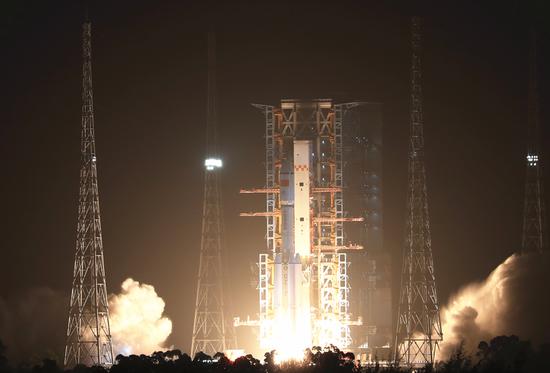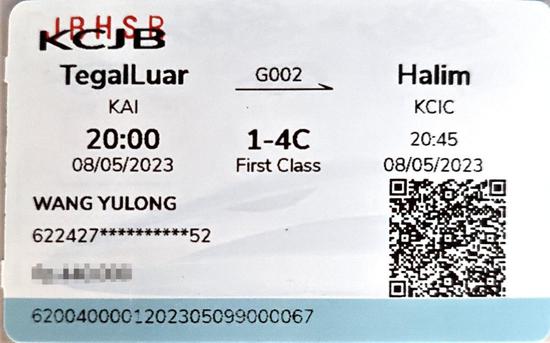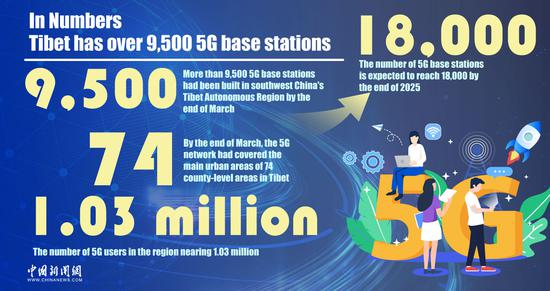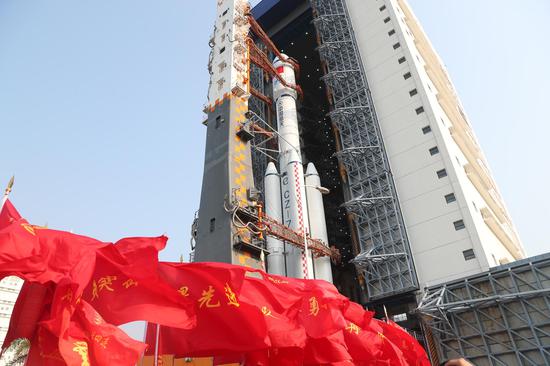Jiangsu province will encourage the use of the digital yuan, or e-CNY, in its education system and strive to establish a convenient and efficient operation management system by the end of 2025, according to the Jiangsu Education Department.
By December, students in Jiangsu will probably pay tuition fees, examination registration fees and receive scholarships in digital yuan, according to a pilot plan released by the education department on Tuesday.
According to the plan, students are encouraged to pay in digital yuan for ordinary consumption on campus, while schools from kindergarten to university are encouraged to use the currency for transactions including business trip reimbursements, procurements and tax payments.
Having more registered users is crucial to the development of the digital yuan, said Zhou Maohua, a researcher from the financial markets department of Everbright Bank, adding that e-CNY should be further promoted to attract new users.
"The establishment of infrastructure for the digital yuan should be further accelerated," he said. "Its software and hardware must be upgraded to improve user experience. The security and reliability of the system must also be strengthened."
To promote the use of the digital yuan, the educational department of Futian district in Shenzhen, Guangdong province, held a meeting on Monday. All off-campus training institutions in the district are accepting payments in the currency, it said.
Since May, civil servants and employees of government-affiliated institutions and State-owned companies in Changshu, Jiangsu, have received their salaries in digital yuan.
At Yangzhou's Dongguan Street, a famous tourist attraction, digital yuan payments will be accepted by all shop owners in a month.
"We just need to fill out some forms and the bank will give us a QR code within a day," said Chen Yong, a local shop owner. "It saves us not only time but also service charges of financial institutions."
Some cities in Guangdong and Zhejiang provinces have also made detailed plans to boost the use of the digital yuan, especially in loan financing.
Suzhou, one of the pilot cities for digital yuan announced by the People's Bank of China in April 2020 — along with Chengdu, Shenzhen and Xiong'an — witnessed more than 8 million transactions using digital yuan from January to March, with total transaction volume reaching 170 billion yuan ($24.7 billion). Its digital yuan transactions are expected to reach 2 trillion yuan this year.
The country now has 26 pilot cities in 17 provinces and municipalities, while the total amount of digital yuan in circulation had reached 13.6 billion yuan by the end of 2022, according to Economic Daily.
"Digital yuan has basically completed its top-level design, functional research and system debugging," said Wang Yifeng, chief analyst of the financial industry of Everbright Securities. "Many pilot areas this year have intensively launched specific plans, which shows that their research and development in digital yuan have progressed steadily."


















































 京公网安备 11010202009201号
京公网安备 11010202009201号